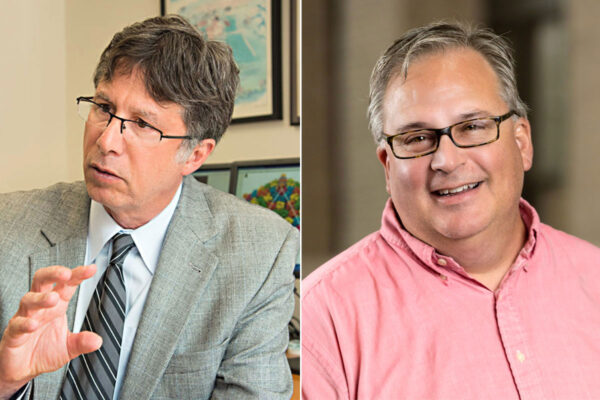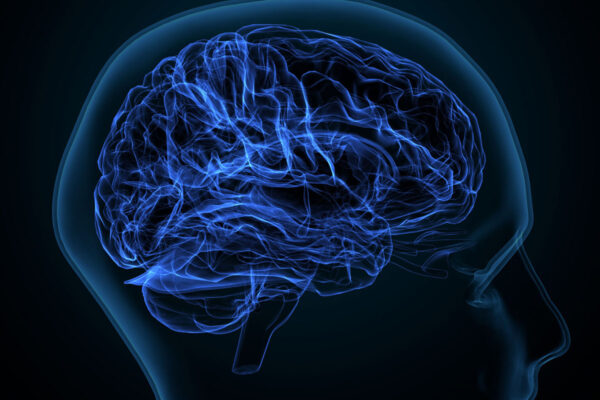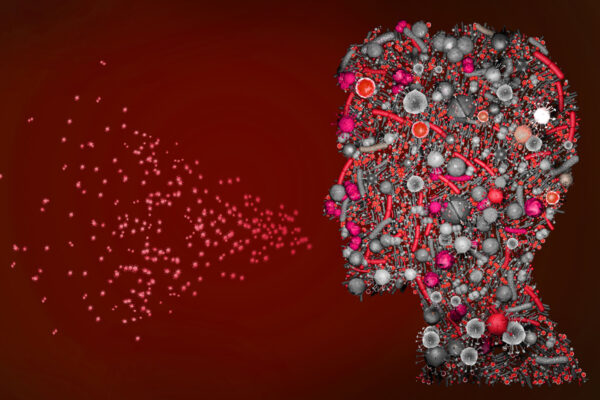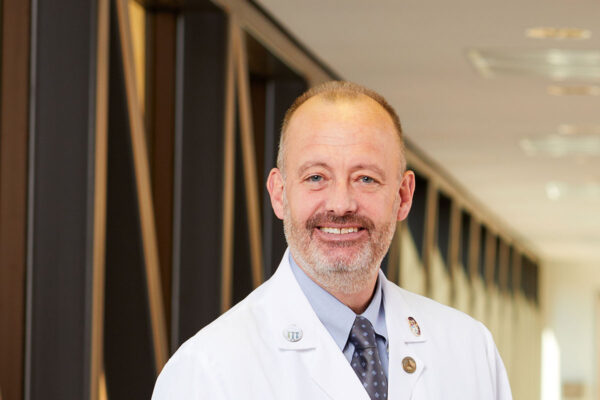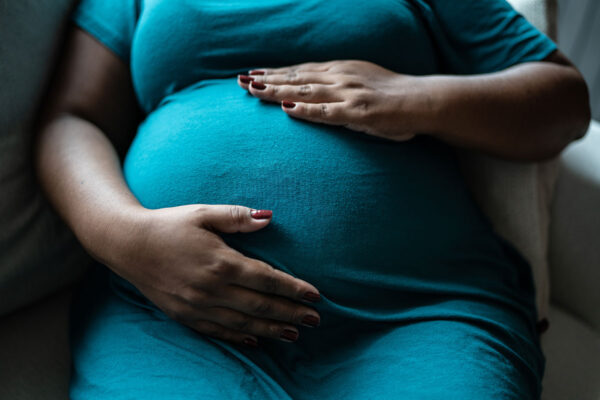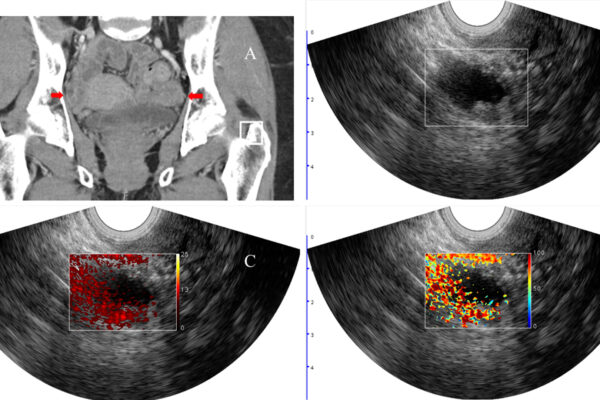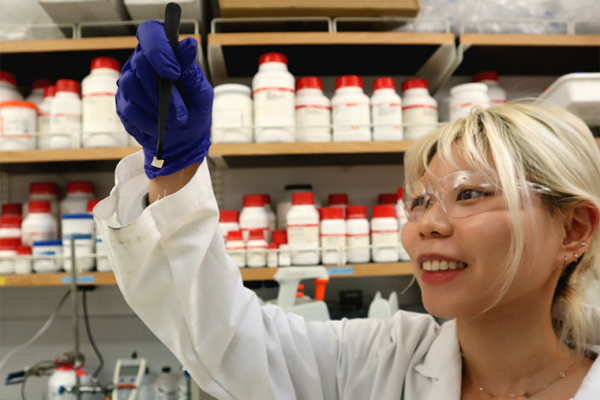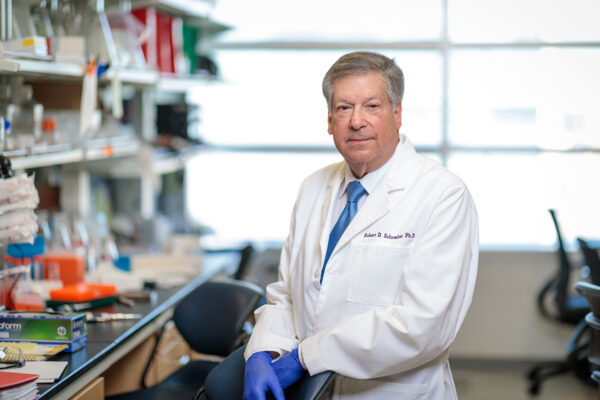Curiel, Janetka named fellows of National Academy of Inventors
David T. Curiel, MD, PhD, and James W. Janetka, PhD, professors at the School of Medicine, have been elected fellows of the National Academy of Inventors.
Ciorba receives grant to evaluate treatment for colorectal cancer
Matthew A. Ciorba, MD, a professor of medicine and director of the Inflammatory Bowel Disease Center at the School of Medicine, has received a $2.8 million award from the National Institutes of Health (NIH) to evaluate a new treatment for colorectal cancer.
Clues to preventing Alzheimer’s come from patient who, despite genetics, evaded disease
A woman who never developed Alzheimer’s despite a strong genetic predisposition may hold the key to stopping the disease in its tracks. Researchers at the School of Medicine found clues that could help cut the link between the early, asymptomatic stage and the late stage, when cognitive decline sets in.
Team to develop breathalyzer test for COVID, RSV, influenza A
Washington University in St. Louis researchers will adapt their COVID-19-detecting breathalyzer to one that can also screen for common seasonal viruses with a two-year $3.6 million grant from Flu Lab. With the funding, they plan to take the technology from bench into clinical trials with the goal of preparing the handheld rapid screening breath test for commercial application and FDA registration.
Oyen named among trailblazing leaders in women’s health, FemTech
Michelle Oyen, an associate professor of biomedical engineering at the McKelvey School of Engineering, has been named among the 200 Trailblazing Leaders in Women’s Health and FemTech for 2023 by Women of Wearables.
Humphreys receives $4.5 million NIH grant for kidney disease research
Benjamin Humphreys, MD, PhD, at the School of Medicine, has received a five-year $4.5 million grant from the National Institutes of Health (NIH) for research into chronic kidney disease.
Improving heart health to save lives during, after pregnancy aim of programs
Researchers at Washington University in St. Louis and the University of Abuja in Nigeria have received grants to work with community organizations in St. Louis and Abuja to improve cardiovascular health during and after pregnancy.
Photoacoustic imaging improves diagnostic accuracy of cancerous ovarian lesions
Researchers and clinicians at Washington University in St. Louis developed a new imaging method to better diagnose lesions in the ovaries and fallopian tubes that may help to avoid unnecessary surgeries.
Engineering customizable bio-adhesives for personalized medical repair
Researchers working with Fuzhong Zhang at the McKelvey School of Engineering have genetically engineered a protein-based bio-adhesive with programmable material properties.
Schreiber receives scientific innovator award
Robert Schreiber, of Washington University School of Medicine in St. Louis, is the 2024 Senior Scientist Winner of the Innovators in Science Award. The award recognizes his outstanding contributions to the field of cancer immunology.
Older Stories
